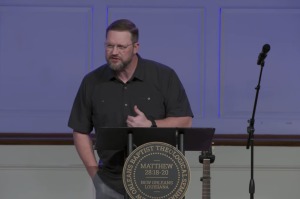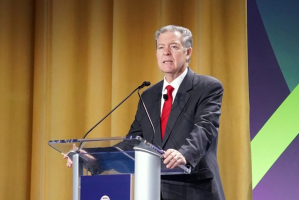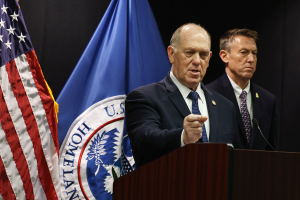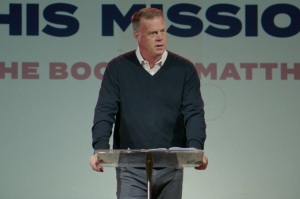28-year-old book blogger with chronic fatigue gets euthanized

An autistic 28-year-old Dutch book blogger has died as a result of assisted suicide at her home in the Netherlands, following years of chronic pain and fatigue.
Lauren Hoeve, who went by the X handle @dutchlauren and suffered from Myalgic encephalomyelitis/chronic fatigue syndrome, underwent assisted suicide last Saturday, reportedly with her parents and a good friend beside her.
"This will be my last tweet," she tweeted on the day of her death. "Thanks for the love, everyone. I'm going to rest a bit more and be with my loved ones."
Her final tweet, which received over 11,000 likes, included a meme with the caption "me getting euthanized" and showed a child wearing sunglasses giving a thumbs up to a doctor.
ME is a disabling illness that often prevents people from doing their usual activities and may confine them to bed.
The illness is most common in people between 40 and 60 years old but has been known to impact children, according to the U.S. Centers for Disease Control and Prevention. About nine out of 10 people with ME/CFS have not been diagnosed, the CDC added.
On her blog, Hoeve posted an entry three days before the procedure, saying, "I think I'm going back to what it was like before I was born: no existence, no consciousness. Ultimate peace."
"I would like to thank everyone who has been there for me during my illness — and especially in the time before I announced my euthanasia wish," she wrote, as rendered by Google translate.
"Whether it was by having a nice chat with me on social media, by occasionally asking how things are going, by having deep conversations about suffering and death, or by sending nice animal videos when you couldn't find the words."
In a post on the day of her death, Hoeve offered various pieces of life advice, considering the most important of her recommendations to be to "look for the bright spots."
In 2001, the Netherlands became the first country in the world to legalize euthanasia, following nearly three decades of debate and despite protests from Christian groups.
The 2001 law had several restrictions, was limited to patients suffering from constant and incurable pain and patients determined to have a sound mind.
According to a report by DutchNews published in April 2023, over 8,700 people died by euthanasia in the Netherlands in 2022, a 14% increase from the year before.
Last month, the Royal Dutch Society for the Promotion of Medicine created updated guidelines in which they lifted the age limit for patients seeking to die by ceasing to eat and drink.
"People increasingly need control over their own end of life. They have various options for this, including consciously stopping eating and drinking," claimed the society. "Every competent person can choose and implement this themselves. Good guidance from healthcare providers is important."
Wesley J. Smith, author and chair and senior fellow at the Discovery Institute's Center on Human Exceptionalism, wrote last November that the Netherlands "illustrates the peril" of what happens when a country legalizes euthanasia for any circumstance.
"Dutch doctors have gone from legally killing the terminally ill to the chronically ill, to people with disabilities, to the frail elderly, to the depressed and mentally ill," wrote Smith.
"Before the legalization of euthanasia, I'm confident that few Dutch would have supported allowing doctors to kill healthy geriatric patients — any more than (I hope) Americans would. But after decades of euthanasia normalization, only 10 percent think it would be wrong. See what I mean about euthanasia poisoning a nation's soul?"



























